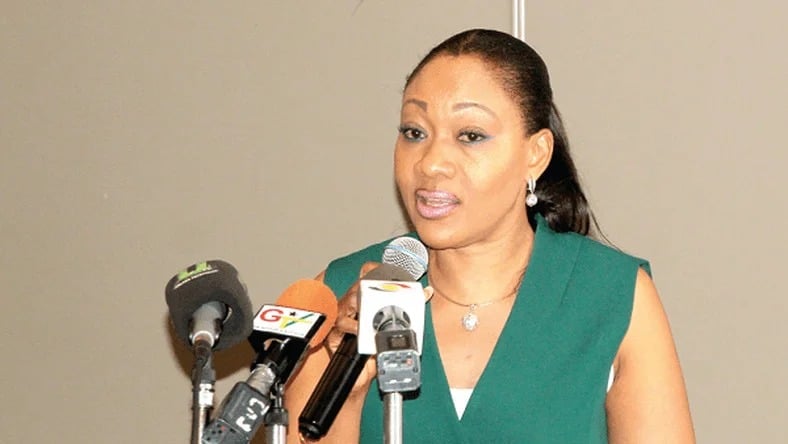The Electoral Commission (EC) of Ghana is demonstrating its commitment to conducting free, fair, and transparent elections, particularly as the country gears up for the upcoming general elections scheduled for December 7, 2024. During a recent meeting of the Inter-Party Advisory Committee (IPAC) on October 1, EC Chairperson Jean Mensa encouraged Ghanaians to place their trust in the Commission’s capabilities, reinforcing that its operations are grounded in the tenets of the 1992 Constitution. With a reputable track record in organizing elections, the EC is regarded as a respected institution both domestically and internationally. This assurance aims to bolster public confidence as the nation prepares for a pivotal electoral period.
As the election date draws near, concerns regarding the EC’s readiness to manage a transparent electoral process have emerged, notably from the largest opposition party, the National Democratic Congress (NDC). The NDC has voiced worries about inconsistencies in the voter register, calling for immediate rectifications to ensure the integrity of the electoral process. These uncertainties reflect a broader apprehension among various stakeholders about the potential for irregularities that could impact the election’s legitimacy. Such concerns are crucial, as they play a significant role in shaping public perception and trust in the electoral process.
In light of these challenges, Jean Mensa acknowledged that the current voter register is not without its flaws. She emphasized that the provisional voter register is a work in progress and noted that it is not the final register that will be used for the subsequent elections. This admission highlights an important aspect of electoral management: the necessity to continuously improve the accuracy and reliability of voter rolls. By acknowledging the existing discrepancies, the EC is taking a proactive stance to enhance the integrity of the electoral process while assuring stakeholders that all identified issues will be thoroughly addressed.
Mensa’s remarks regarding the correction of discrepancies offer a glimpse into the EC’s operational framework, which prioritizes transparency and ongoing improvement. The Chairperson’s commitment to resolving voter register issues reflects an effort to engage with political parties and the electorate, assuring them that their concerns are taken seriously. By rectifying errors in the provisional register, the Commission aims to build a foundation of trust with stakeholders, thus reinforcing the credibility of the electoral process as a whole.
Looking ahead, the ability of the EC to successfully navigate the electoral landscape hinges on its capacity to manage concerns raised by political entities and the broader public. As challenges arise, the EC’s responsiveness will be pivotal in maintaining confidence in its operations. Mensa’s pledge to continue improving and addressing these discrepancies suggests a forward-looking strategy, allowing for ongoing communication and collaboration with parties participating in the electoral process. This collaborative effort is essential for fostering a robust democratic environment that upholds the principles of free and fair elections.
In summary, as Ghana approaches its 2024 general elections, the EC’s commitment to delivering a fair electoral process is paramount. Jean Mensa’s assurances about addressing voter register discrepancies and enhancing transparency serve as a critical foundation for public trust. The EC’s continuous engagement with political parties, especially the NDC, indicates a willingness to work collaboratively towards a credible electoral outcome. As the Commission strives to correct past errors and streamline voter registration processes, its proactive approach will be essential in assuring Ghanaians of its capability to uphold democratic principles in the imminent elections.














